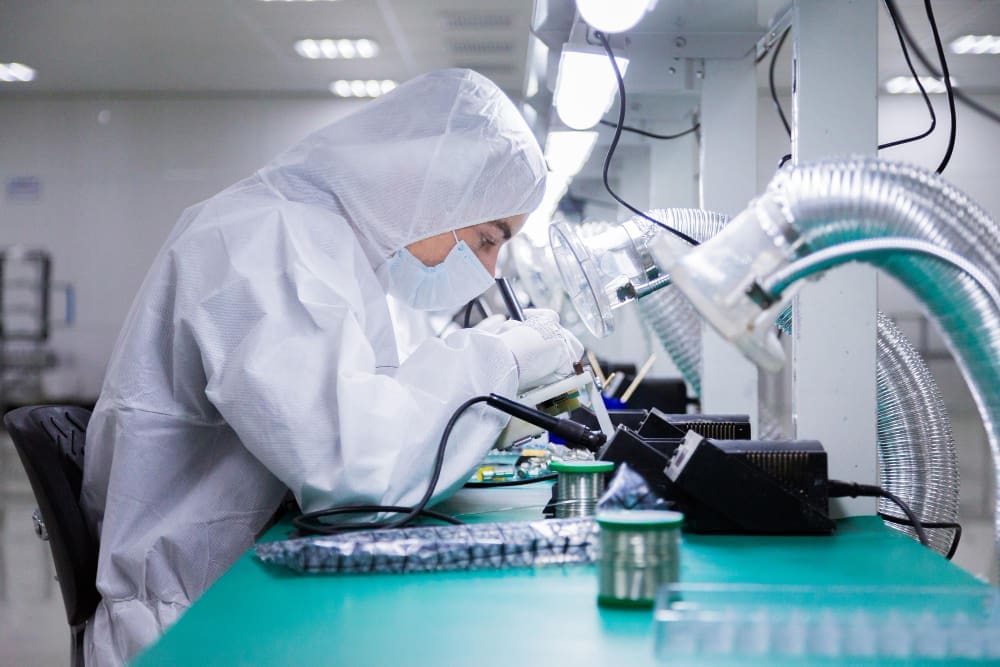The US government’s decision to scrutinize China’s semiconductor sector stems from concerns about national security and economic competitiveness. The investigation aims to assess potential risks associated with Chinese advancements in semiconductor technology, which is critical to numerous industries, including defense and consumer electronics.
China’s push for dominance in the semiconductor market has been evident, with substantial investments in research and development. These efforts have positioned China as a formidable player in the global tech landscape, raising alarms in the United States about potential dependencies and vulnerabilities.
The US has previously imposed restrictions on Chinese tech companies, citing security threats. These measures include limiting access to American technology and imposing tariffs. The current investigation is another step in what appears to be a broader strategy to curb China’s technological influence.
Industry experts suggest that the outcome of this investigation could lead to stricter regulations and influence global supply chains. The semiconductor industry is highly interdependent, and any disruptions may have wide-reaching implications for businesses worldwide.
While the investigation is ongoing, it has already sparked reactions from stakeholders in both countries. Chinese officials have expressed concerns over what they perceive as unfair targeting, while some US companies worry about the impact on their operations and revenue.
The US probe into the Chinese semiconductor industry underscores the complexities of global trade in technology. As this situation develops, it will be crucial to monitor how it affects the international tech economy and bilateral relations between the US and China.








